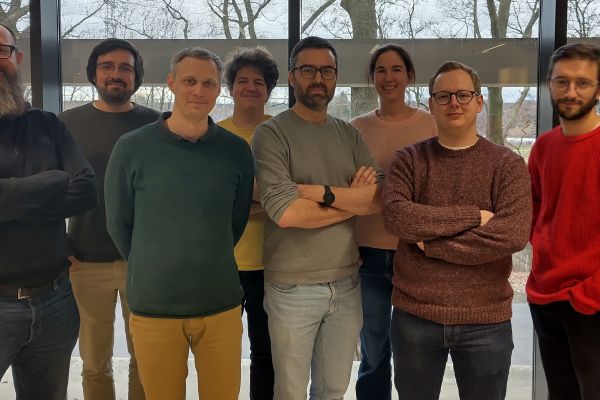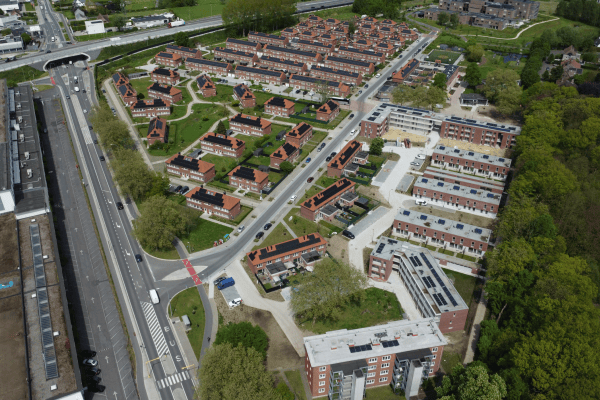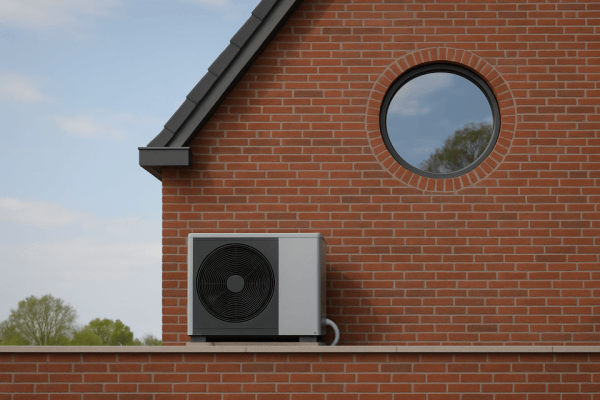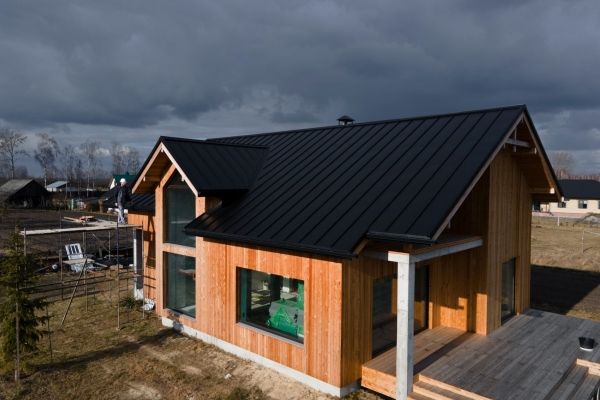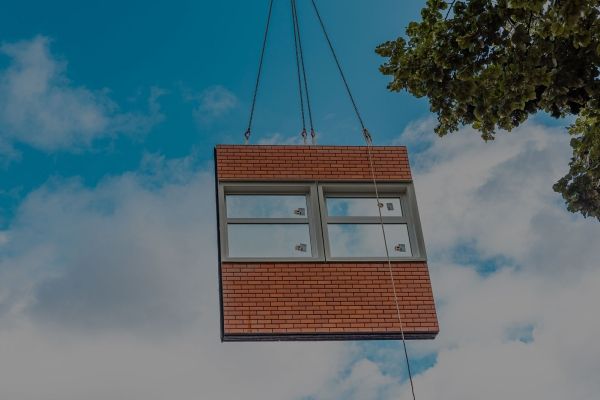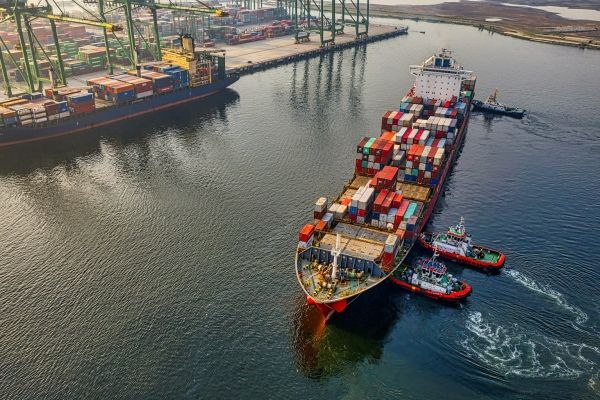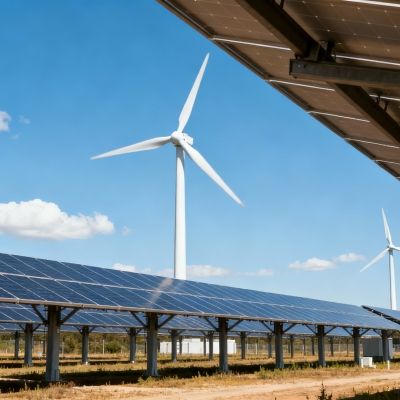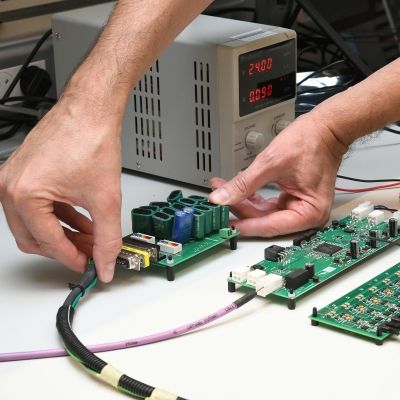EnergyVille's new center of expertise brings underground high-voltage connections up to speed
If we want to meet our climate goals, we will have to make a massive commitment to electrification in the future. A massive rollout of wind turbines, solar panels and other renewable sources is becoming the norm, but poses a substantial challenge to our current transmission networks. Additional high-voltage lines are unavoidable, but are not always supported in a densely populated area like Flanders. To accelerate the rollout of underground high-voltage connections and their integration into existing grids, EnergyVille, with the support of the Flemish government, is establishing the HVDC and underground Cable Competence Center (HC3). The Flemish government is investing 14 MEUR in this. The expertise center starts with a 4-year research program of 5 MEUR, and an investment of 9 MEUR in research equipment. Flemish Minister Brouns: "We are strengthening EnergyVille to build up expertise with Flanders in the field of underground high-voltage grids."
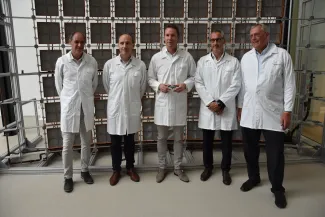
Towards a future-proof electricity grid
The transition to a clean and renewable energy supply will be accompanied by a much larger share of electricity in our energy mix (up to more than 80%). The electrification of transport (think of electric vehicles), heat supply (think of heat pumps) and industrial processes will therefore increase our electricity consumption significantly. By 2050, electricity consumption in Belgium is expected to more than double compared to today.
More electricity requires a massive rollout of renewable energy, such as solar energy, onshore wind energy but especially offshore wind energy. The electricity generated must be transported to end users at home and abroad. As a result, new high-voltage connections in Belgium are essential to successfully transport the generated electricity to people's homes at home and abroad.
From a societal perspective, new above-ground high-voltage lines are not always supported in a densely populated area such as Flanders, as evidenced, for example, by the discussions surrounding the Ventilus project. All hope is therefore pinned on underground high-voltage lines, but these are much more expensive and technically not (yet) always possible.
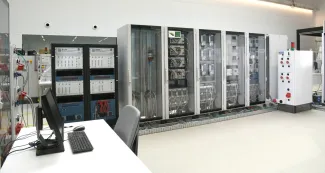
A unique competence center for research on underground high-voltage lines
To overcome substantial hurdles and facilitate and accelerate the rollout of underground high-voltage lines in the future, EnergyVille is establishing the HVDC and Cable Competence Center (HC3), a center of expertise for and with Flemish and Belgian transmission and distribution system operators, large energy consumers, technology suppliers and engineering firms.
"In recent years, EnergyVille has developed considerable expertise in the field of electric transmission networks, and in particular high-voltage direct current (HVDC) lines. This technology - given the necessary development - is extremely suitable and widely applicable for long, underground connections with high powers," clarifies Professor Dirk Van Hertem (EnergyVille/KU Leuven), director of the expertise center.
The center of expertise is specifically investigating the possibilities of HVDC for underground high-voltage connections, and in doing so it also provides a simulation center for testing and demonstrating this new technology in an environment as close to reality as possible," Professor Van Hertem adds. "Specifically, with the new equipment we are going to be able to simulate the high-voltage grid in very great detail, and we will be able to better understand the interaction with new components. This will then also allow us to investigate the bottlenecks of a direct-current high-voltage grid and/or a hybrid high-voltage grid - with overhead and underground, AC and DC connections. For example, new inverter concepts linking DC cables to the current AC high-voltage grid will be tested in a secure digital environment."
The timeline for the entire program spans at least 10 years. In this first phase, the center of expertise will start with a four-year research program for 5 MEUR, and an investment of 9 MEUR in research equipment.
"To secure our prosperity, we need to be concerned with the future now. We need to think together about the energy we consume. A change to alternative, non-fossil energy is necessary to guarantee our strategic autonomy. As a minister, I am happy to work towards a society in which we are less dependent on foreign countries.
The HVDC Competence Center (HC3) represents the perfect opportunity to prepare our industry for a necessary technological change in the electricity sector. Moreover, it enables us to put Flanders, both scientifically and industrially, at the forefront of Europe in the field of underground high-voltage grids.
EnergyVille is the ideal research partner in this regard, which we are happy to support," adds Jo Brouns, Flemish Minister of Innovation.





